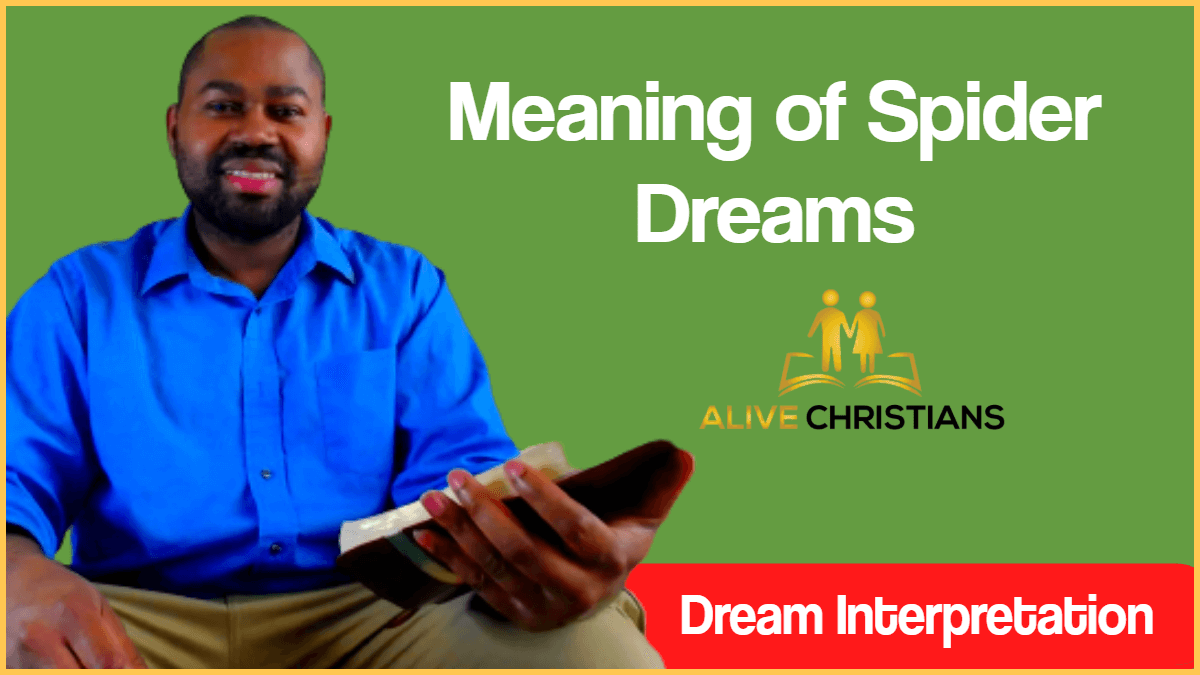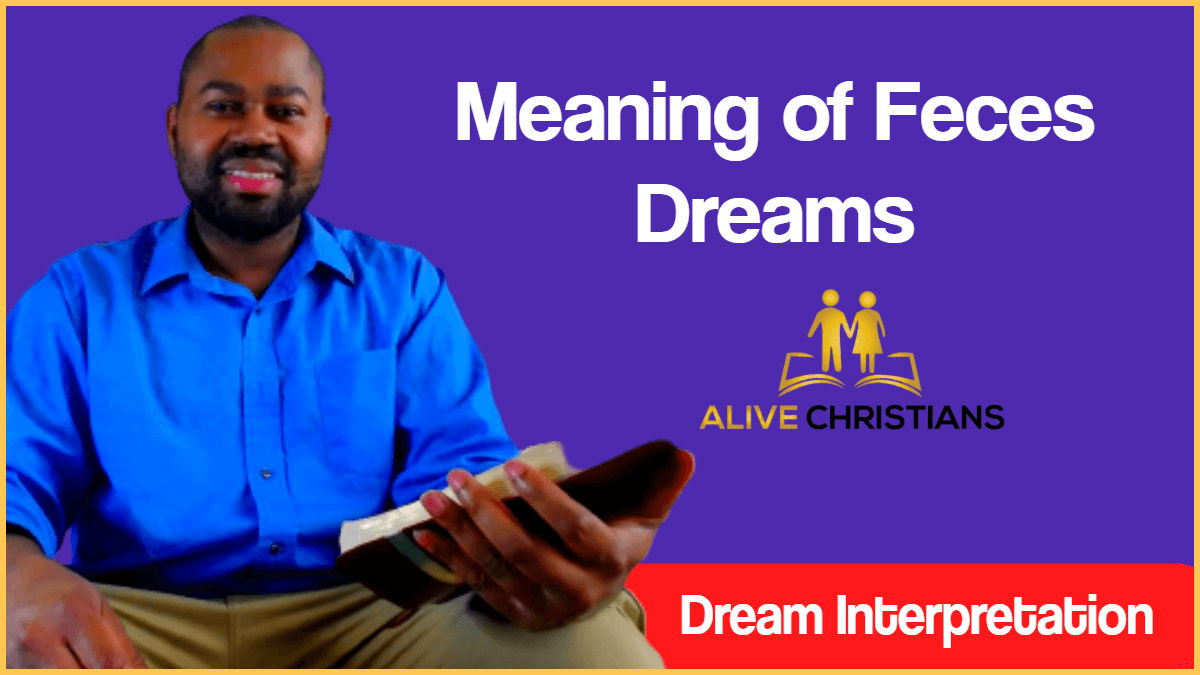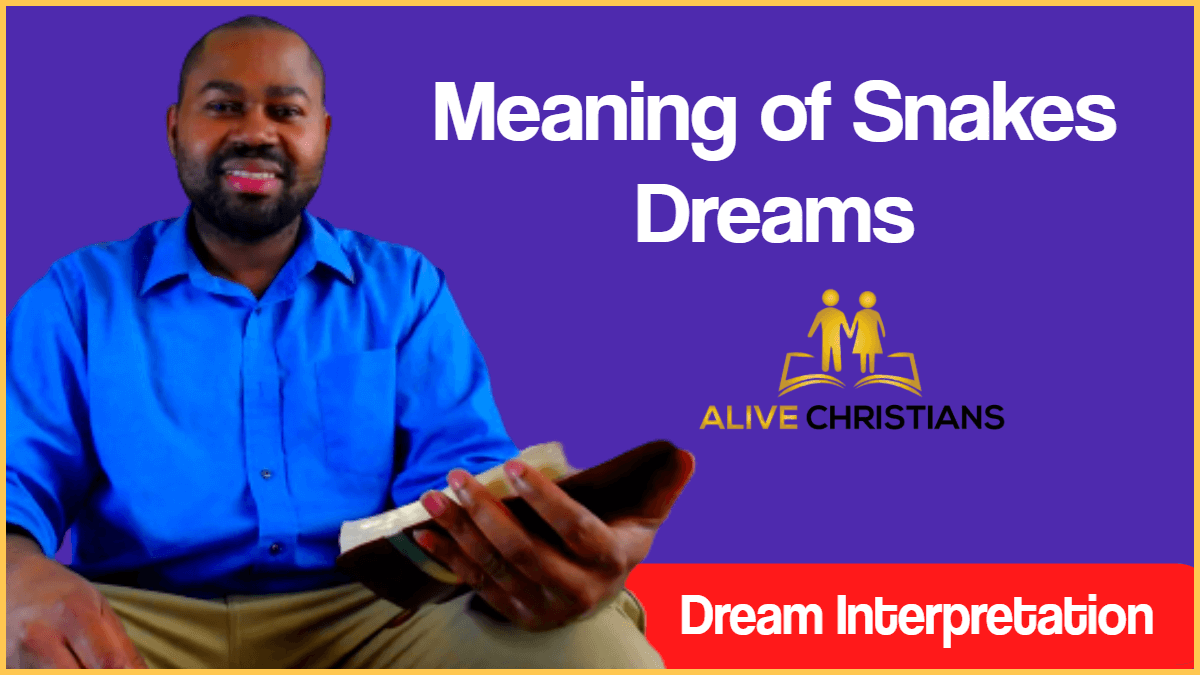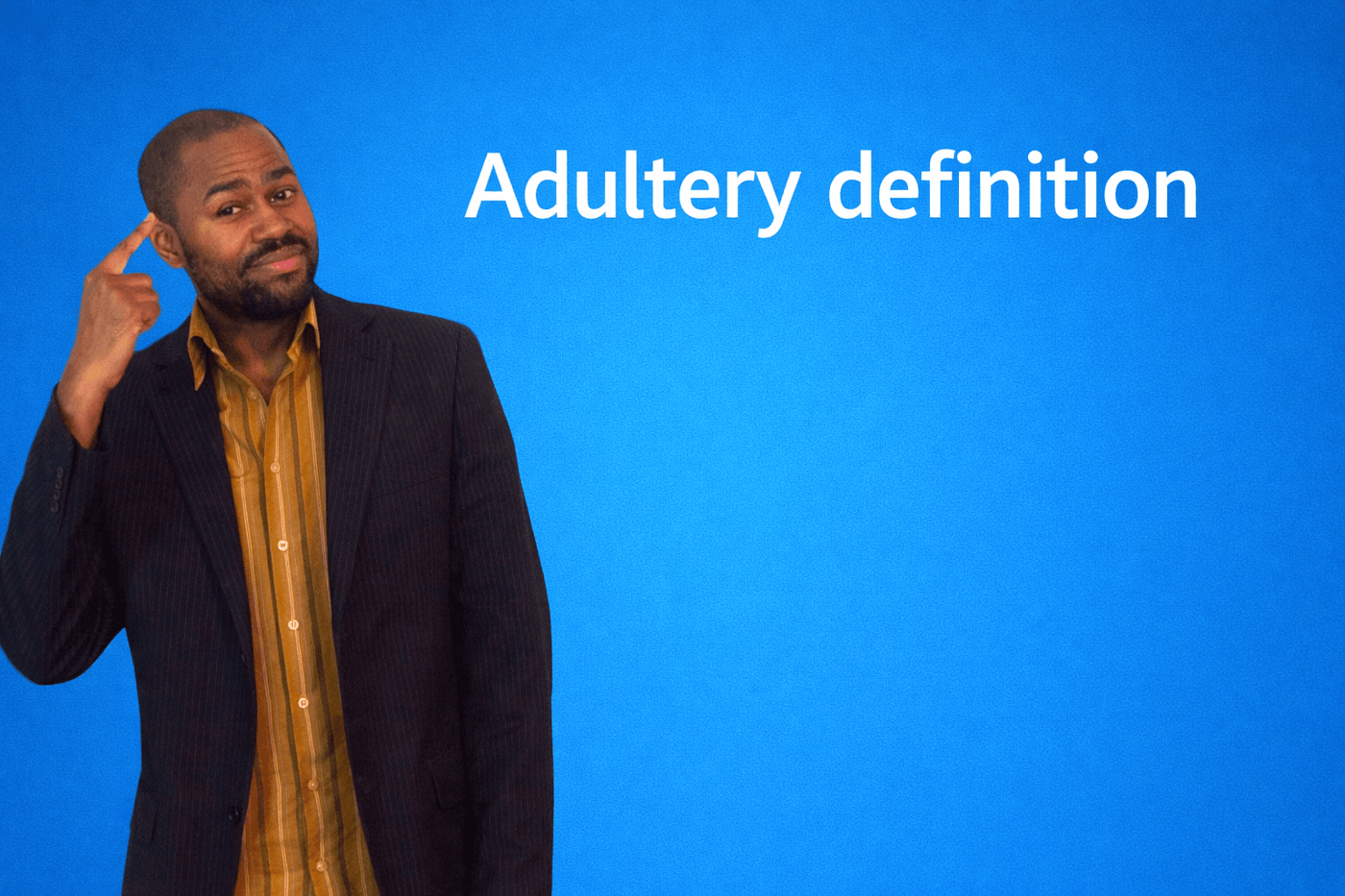God bless you. Have you been dreaming about spiders? It's a common dream, but dreams with spiders should not be taken lightly as they can be potential warnings from The Lord concerning your life and relationships and people who mean you harm through manipulation. Today we're going to look at the biblical meaning of spider dreams.
Use our Biblical Dream Interpreter Calculator to find out the meaning of your dreams. Write 3 sentences about your dream for the best interpretation.
Spider Dreams
1. Deception, Traps, and Spiritual Attacks
Symbol: Spiders weave webs to trap their prey — in dreams this often points to spiritual entrapment, manipulation, or hidden plots.
Biblical Basis:
“Their cobwebs are useless for clothing; they cannot cover themselves with what they make. Their deeds are evil deeds, and acts of violence are in their hands.” — Isaiah 59:5–6
“They hatch vipers’ eggs and weave the spider’s web.” — Isaiah 59:5
Spider Dream meaning:
If the spider is weaving a web or you feel stuck, it may symbolize being caught in deceit, toxic influences, or spiritual warfare trying to entangle you.
2. Manipulation and Control
Symbol: Spiders patiently wait for prey to walk into their web — often representing a controlling person, ungodly soul ties, or oppressive spiritual influence.
Biblical Basis:
“For we wrestle not against flesh and blood, but against principalities… against spiritual wickedness in high places.” — Ephesians 6:12
Dream meaning:
A spider hovering over or watching may point to a controlling or monitoring spirit or relationship meant to dominate your decisions or emotions.
Usually in dreams, spiders are symbolic of manipulation and witchcraft, because the aim of a spider is to weave its web to catch its prey.
And so if you're seeing webs in the dream, or if you're encountering a spider, know that the strength of the spider is in its web that it weaves, because the spider is a very fragile animal.
It's of the arachnid family, but its strength or influence comes by the tough web that it puts out, because it's through its web that unsuspecting bugs are caught and, of course, later devoured by the spider.
So dreaming of spiders is symbolic of the enemy trying to trap or manipulate you into doing something that in your sound mind you would not do, because you're not able to see the web that the spider has woven, ie.you're not able to see the manipulation that that person or persons have been crafting concerning you behind the scenes.
But we're going to get into more on this. Here's number 3.
3. Fragile and Temporary Foundations
Symbol: A web is delicate and can be destroyed easily — it may symbolize false security, illusions, or weak spiritual foundations.
Biblical Basis:
“The hope of the godless shall perish, whose trust is a spider’s web.” — Job 8:14
Dream about spiders meaning:
If you see or destroy a spider web, it may be God revealing false hope or fragile plans that will not last. It can also mean that you have overcome the manipulation and witchcraft that was fashioned against your life and you need to rebuild your life on God’s Truth.
4. Overcoming Spiritual Traps
Symbol: Killing or escaping a spider often represents breaking free from fear, lies, or manipulation.
Biblical Basis:
“No weapon formed against you shall prosper.” — Isaiah 54:17
Dream of Spider meaning:
Escaping or crushing the spider symbolizes deliverance, victory in spiritual warfare, spiritual authority and freedom from manipulation.
Church Fathers on Spider Symbolism — Extended Table
| Church Father | Quote / Teaching | Context / Meaning |
|---|---|---|
| Origen (c. 184–253) | “The spider’s web is like the hope of the wicked: spun with skill but easily swept away.” (Homilies on Job, fragment on Job 8:14) | Origen interprets the spider’s web as a metaphor for false security, fragile human plans, or deceptive works that cannot withstand divine judgment. |
| John Chrysostom (c. 349–407) | “The webs of the ungodly are like a spider’s web—fair to see, but they cannot cover or protect.” (Homilies on Matthew 15) | Chrysostom compares human pride and wickedness to a delicate spider’s web — visibly intricate, but ultimately weak and without foundation. |
| Augustine of Hippo (354–430) | “The sinner weaves for himself a web of deceit, as the spider does, and is caught in it.” (Enarrationes in Psalmos 139) | Augustine uses the spider as a moral allegory — sin is not only a trap for others but also ensnares the one who weaves it. |
| Basil the Great (c. 330–379) | “The designs of the wicked are like spider’s webs, fragile and vain.” (Homily on Psalm 1) | Basil connects wicked schemes to webs: impressive to look at, but destroyed with a touch — pointing to the short life of evil works. |
| Gregory of Nyssa (c. 335–395) | “Those who trust in worldly strength build a house of spider webs.” (On the Beatitudes 6) | Gregory uses the spider’s web as an image of false confidence and spiritual instability — faith not grounded in God collapses easily. |
| Jerome (c. 347–420) | “They trust in the spider’s web, which the least wind carries away.” (Commentary on Isaiah 59) | Jerome directly comments on Isaiah 59:5–6, warning against trusting in human effort or cunning instead of God. |
| Cyril of Jerusalem (c. 313–386) | “The snares of the evil one are as a spider’s web: delicate, spread in secret, awaiting the unwatchful.” (Catechetical Lectures 13.4) | Cyril interprets the spider’s web as demonic entrapment — emphasizing spiritual vigilance. |
| Ambrose of Milan (c. 340–397) | “Like a spider spinning its threads, the sinner weaves his own prison.” (On Repentance 2.5) | Ambrose portrays sin as self-entrapment, with the spider as a vivid metaphor for deception and bondage. |
| Gregory the Great (c. 540–604) | “The devil spreads his webs like the spider: with silence, patience, and poison.” (Moralia in Job 14.18) | Gregory uses the spider as an image of Satan’s subtlety—waiting silently for the inattentive soul to be caught. |
I hope that you've truly enjoyed our detailed guide on the meaning of spiders when you see them in your dreams and learned to combat these demonic attacks when you see them in Jesus' Name. Remember, as a believer in Christ, you have power over all the power of the enemy and nothing shall by any means hurt you according to Luke 10:19
Summary Table
| Dream Context | Meaning | Scripture |
|---|---|---|
| Spider weaving a web | Trap, deception, manipulation | Isaiah 59:5–6 |
| Spider watching or hanging | Monitoring or controlling spirit | Ephesians 6:12 |
| Web breaking or being destroyed | False security exposed | Job 8:14 |
| Killing or escaping from the spider | Deliverance and spiritual victory | Isaiah 54:17 |









